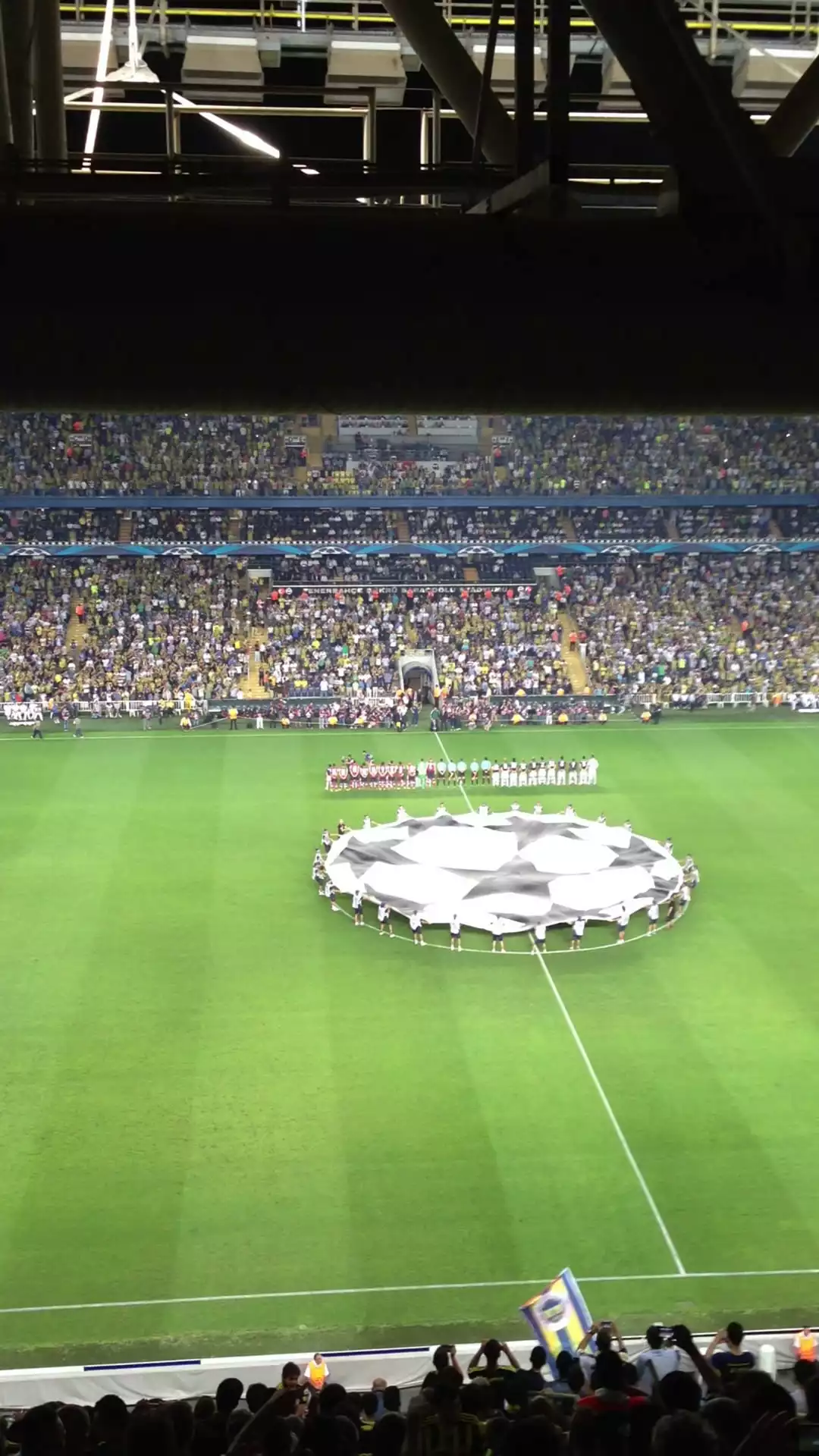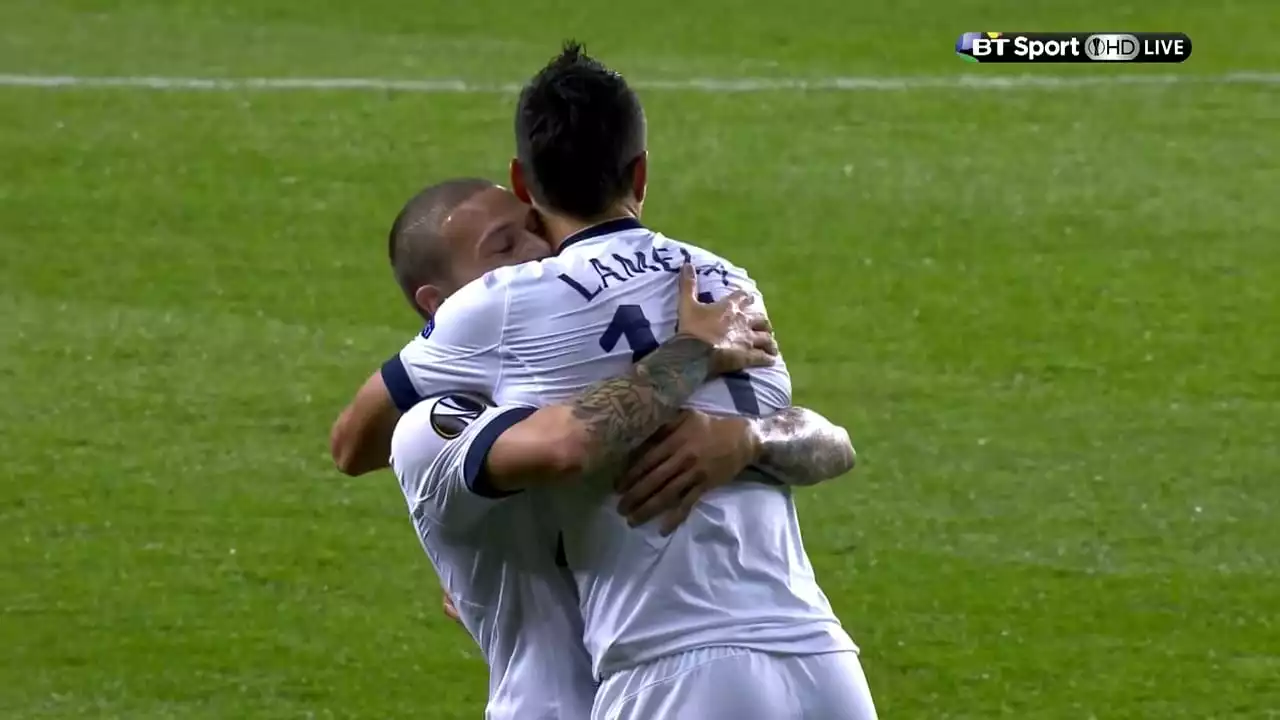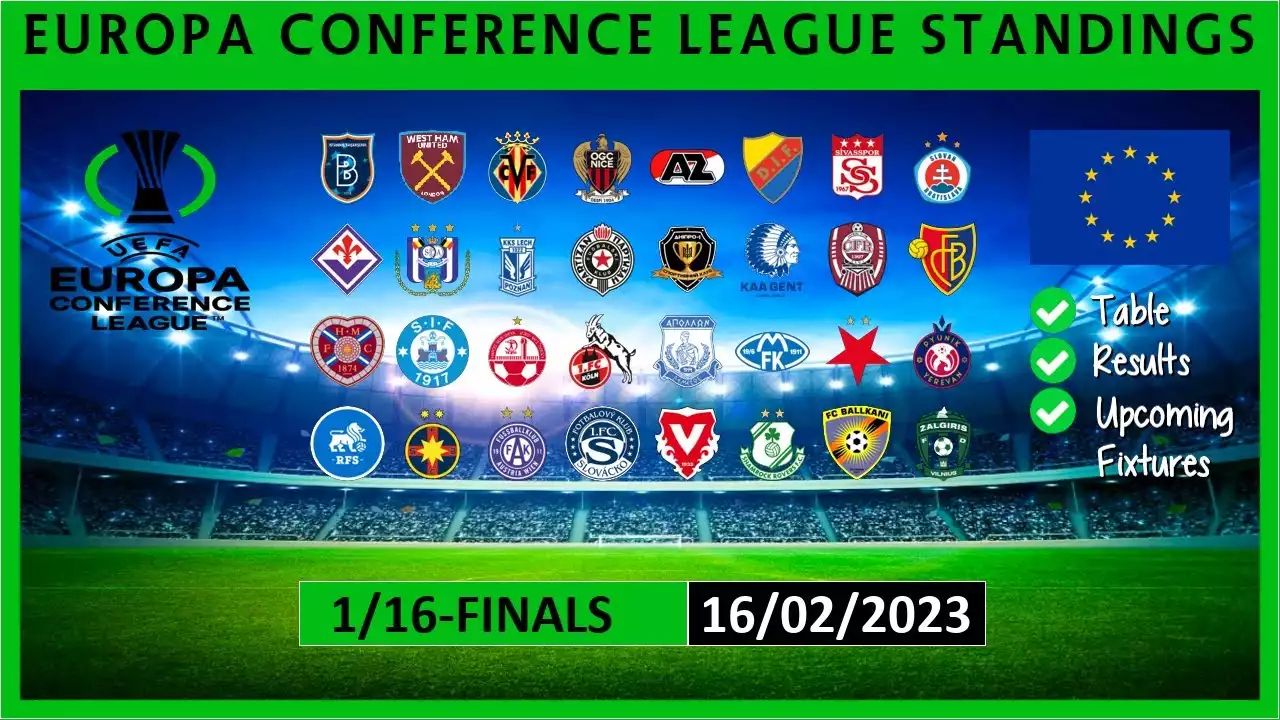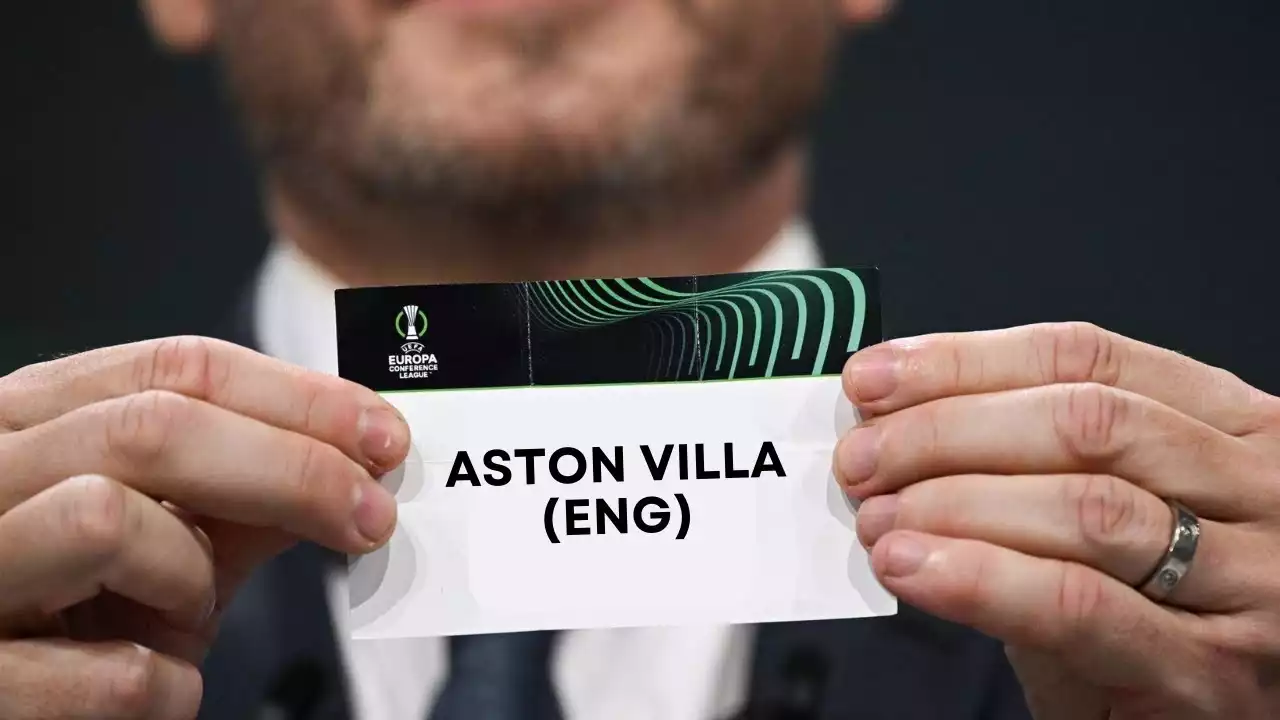Overview of Sister Tournaments - Champions League and Europa League
The UEFA Champions League and UEFA Europa League are two of the most prestigious club football competitions in the world. The Champions League, often referred to as the pinnacle of European club football, features the top teams from the major leagues across the continent. It showcases the highest level of skill, talent, and competition, with clubs battling it out for the coveted title of European champions.
On the other hand, the Europa League provides a platform for teams that may not have qualified for the Champions League but still possess considerable talent and ambition. It offers a chance for teams from various leagues to compete against each other and gain valuable European experience. The Europa League has seen some memorable moments and upsets over the years, with teams like Sevilla establishing themselves as dominant forces in the competition.
Format and Structure Comparison
The Europa Conference League introduces a new format that sets it apart from its sister tournaments. While the Champions League and Europa League follow a traditional group stage and knockout rounds structure, the Europa Conference League includes an additional group stage playoff round. This format aims to increase the number of matches and diversify the overall competition by introducing new matchups.
In the Europa Conference League, teams that finish third in their respective Europa League group stage advance to the playoff round of the Europa Conference League. This creates an opportunity for teams to continue their European journey even if they fall short in the Europa League. The playoff round adds excitement and unpredictability to the competition, giving teams a chance to redeem themselves and potentially progress to the knockout stages.
Teams and Qualification Process
The Europa Conference League offers teams from smaller leagues a chance to compete on a European stage. Traditionally, these teams would have limited opportunities to showcase their talent and raise their profile. The inclusion of the Europa Conference League widens participation and creates a more level playing field.
The qualification process for the Europa Conference League is different from its sister tournaments. While the Champions League and Europa League primarily focus on teams from the top leagues, the Europa Conference League allocates a significant number of spots to teams from smaller leagues. This inclusion not only provides more opportunities for clubs but also enhances the overall quality of the tournament by introducing fresh faces and playing styles.
Prize Money and Financial Implications
Prize money plays a crucial role in the success and sustainability of any tournament. The Europa Conference League offers substantial financial rewards to participating teams, although it falls short of the amounts awarded in the Champions League and Europa League. However, for teams from smaller leagues, the prize money provided by the Europa Conference League can have a significant impact on their financial stability and ability to attract talent.
The financial implications of the Europa Conference League extend beyond prize money. The increased exposure and opportunities for teams to showcase their talent on a European stage can attract sponsors and commercial partnerships. This influx of revenue can help clubs invest in infrastructure, youth development, and overall growth, ultimately strengthening the football ecosystem in smaller leagues.
TV Broadcasting and Viewership
Television broadcasting rights are a crucial aspect of any tournament's success. The UEFA Champions League and Europa League have established themselves as highly sought-after properties, with major broadcasting networks vying for the rights to air these competitions. The Europa Conference League, being a new addition, may face challenges in securing lucrative broadcasting deals initially.
However, the inclusion of teams from smaller leagues can also be an advantage in terms of viewership. Football fans are always eager to discover new talent and witness underdog stories. The Europa Conference League's emphasis on teams from smaller leagues could attract a dedicated fanbase eager to support their local clubs and watch them compete against other European teams.
Player and Manager Perspectives
For players and managers, the Europa Conference League offers a unique opportunity to gain European experience and showcase their skills on a bigger stage. It provides an avenue for players to catch the attention of scouts and potentially secure moves to bigger clubs. Managers, too, can use the Europa Conference League to test their tactical acumen against different styles of play and enhance their reputation.
However, there might also be concerns regarding fixture congestion and player fatigue. Participating in multiple European competitions can put a strain on squads, especially for teams that are not accustomed to playing at such a high level regularly. Balancing squad depth, player fitness, and performance will be crucial for teams competing in the Europa Conference League.
Fan Experience and Atmosphere
The Europa Conference League aims to create a vibrant and inclusive atmosphere for fans. By including teams from smaller leagues, the competition allows supporters from various regions to experience European football firsthand. This can lead to increased traveling support, passionate atmospheres, and a sense of camaraderie among fans.
Additionally, the Europa Conference League's format, with its group stage playoff round, introduces new matchups and creates excitement throughout the season. Fans can look forward to witnessing their teams face opponents they may not have encountered otherwise. The diversity of playing styles and backgrounds can add an extra layer of intrigue to the matches, making for an engaging and entertaining experience for fans.
Impact on Domestic Leagues
The introduction of the Europa Conference League will inevitably have an impact on domestic leagues. Smaller leagues may benefit from increased exposure and recognition as their teams participate in European competition. This exposure can attract more fans, sponsors, and investment, ultimately raising the profile and competitiveness of domestic leagues.
However, the additional European matches may also put strain on teams' schedules and resources. Domestic leagues will need to find a balance that allows their teams to compete effectively in both domestic and European competitions. The success of the Europa Conference League will depend on its ability to complement, rather than overshadow, the existing domestic league structures.
Is the Europa Conference League a worthy addition?
The Europa Conference League offers a unique proposition in European football. By providing a platform for teams from smaller leagues, it creates opportunities for clubs to showcase their talent, raise their profile, and compete against teams from across the continent. The inclusion of a group stage playoff round adds excitement and unpredictability to the competition, diversifying the overall landscape of European football.
While the Europa Conference League may not yet rival the prestige and commercial success of the Champions League and Europa League, it has the potential to grow and become a valuable addition to the European football calendar. It opens doors for teams that may not have had the chance to participate in European competitions before, fostering inclusivity and promoting the development of football across Europe.
As the Europa Conference League continues to evolve and establish itself, its impact on European football will become clearer. The success of the tournament will depend on the support of fans, the commitment of teams, and the ability to strike a balance between competitiveness, financial sustainability, and maintaining the integrity of domestic leagues. The Europa Conference League represents a new chapter in European football, one that has the potential to reshape the landscape and provide fresh opportunities for clubs and players alike.










